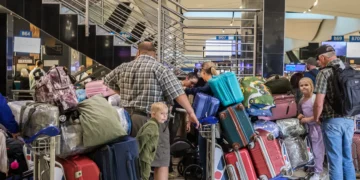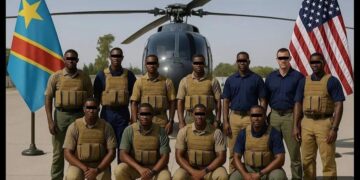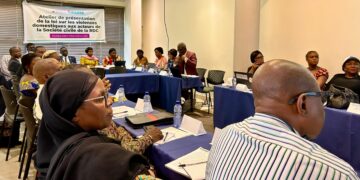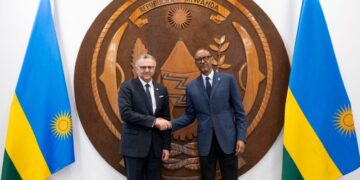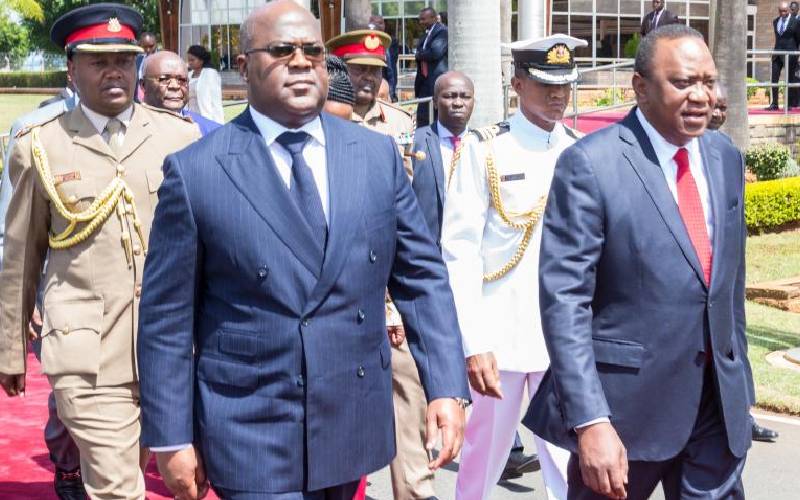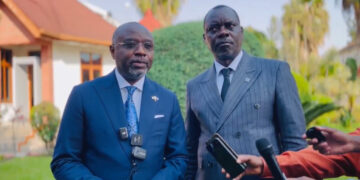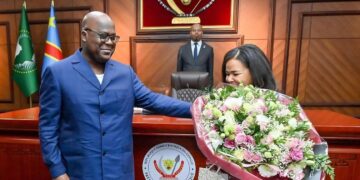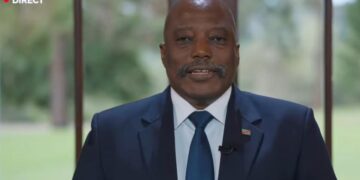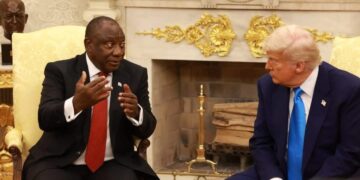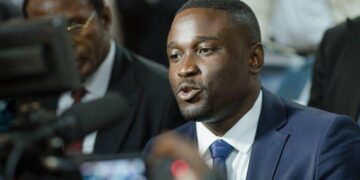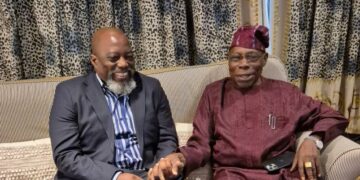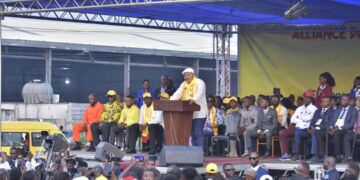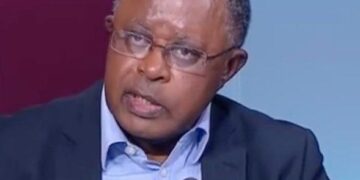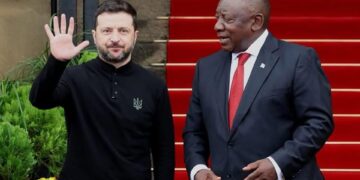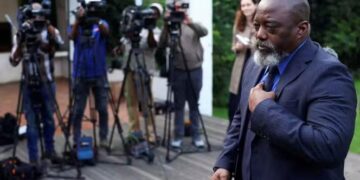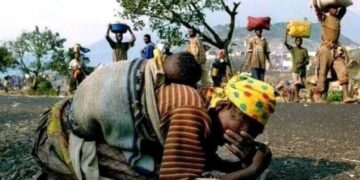“I will work with the people of Bukavu so that, together, we can achieve the goals of the AFC/M23,” declared BNgwi during his inaugural address held in front of a crowd of local dignitaries, civil society representatives, and political supporters. His message was both a declaration of intent and a signal of continued political realignment in a province long affected by conflict and instability.
BNgwi’s rise to power follows recent territorial and political advances by the AFC/M23 alliance in eastern DRC, particularly in areas historically marked by weak governance and insecurity. His investiture marks a symbolic and strategic moment, as it not only cements AFC/M23’s growing influence in South Kivu but also opens a controversial chapter in the relationship between armed groups, civilian governance, and regional diplomacy.
Throughout his speech, the newly sworn-in governor emphasized unity, stability, and “a new beginning for South Kivu.” He promised improved public services, infrastructure development, and more inclusive local governance. Yet his reference to AFC/M23 goals sparked concern among some human rights advocates and political observers, who warn against normalizing armed movements as legitimate political actors without accountability.
“This is not about war,” BNgwi insisted. “This is about restoring dignity and giving power back to the communities.”
Reactions across the country remain mixed. While some residents of Bukavu express cautious optimism, others fear that the merging of military and political power under the AFC/M23 umbrella could deepen divisions or provoke further regional tensions, especially given the group’s complex history with the national government and neighboring Rwanda.
The Congolese central government has yet to issue an official statement on BNgwi’s investiture, though sources within the Ministry of the Interior suggest it remains a highly sensitive issue.
As BNgwi begins his mandate, all eyes will be on South Kivu a province long at the crossroads of armed conflict and humanitarian need to see whether this new leadership will deliver peace, or further entrench the challenges facing eastern Congo.


